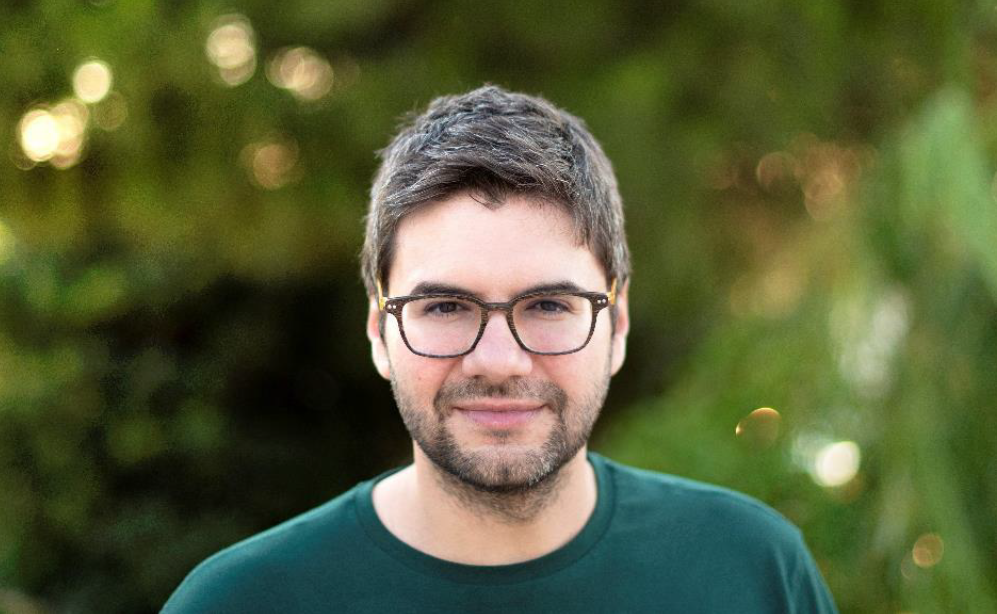Survey comes in the 20th anniversary year of the EU’s first access to documents act (Regulation 1049/2001), and ahead of a dedicated conference to be held in November.

Last week, European Ombudsman Emily O’Reilly circulated a survey related to EU access to documents requests to “key stakeholders”. The survey, which any interested parties are welcome to complete, asks respondents about their experiences with the access to documents request regime and their evaluation of its ease of use and effectiveness. It is launched in the context of an upcoming conference, organised by the Ombudsman’s office, on the functioning of Regulation 1049/2001 on access to the documents of the European institutions.
Regulation 1049/2001 was adopted in May 2001 and entered into force in December of that year. To mark the twentieth anniversary of the adoption of the EU’s first fully-fledged access to documents act, two academic seminars were already held earlier this year, respectively by the European University Institute in Florence and the Eric Castrén Institute, University of Helsinki.
This blog, which is dedicated to questions related to EU transparency and participation, has dedicated considerable attention to the anniversary, which has offered a suitable opportunity for stocktaking.
Previous publications on the 20th anniversary of Regulation 1049/2001 can be found by clicking on the banner below.

The European Ombudsman’s office recently saw its new Statute adopted by the European Parliament with the assent of the Council of the EU. This new Statute foresees in a two-year “cooling off” period for persons working within the EU’s core institutions and member state governments before they are able to compete for the office of European Ombudsman. In practice however, this had never been the case – although MEPs competed in previous appointment procedures. In the last appointment procedure in December 2019, one recent ex-MEP competed for the office. At that procedure, Emily O’Reilly was reelected into the office with 320 out of 600 votes in the second round of a secret plenary vote.

